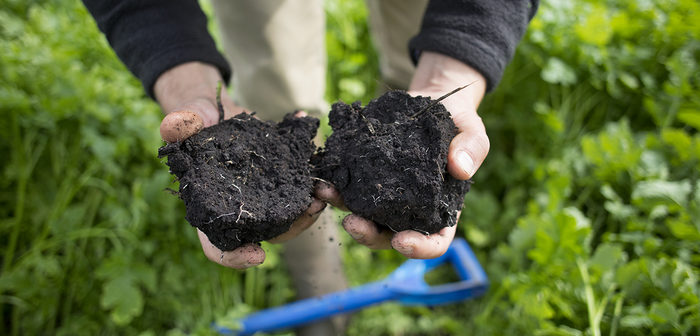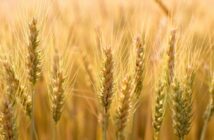The AHDB GREAT soils programme has been signposted as a vital resource and tool for growers as part of two new soil qualifications from BASIS, the independent standards setting and auditing organisation.
BASIS facilitated the creation of two new syllabuses as requested by its members for foundation and advanced level awards, which delve into contrasting detail on soil chemistry, biology and physical properties while looking at how this affects farming practice.
The new courses will be open to candidates in summer 2019.
AHDB Director for Knowledge Exchange, Dr Susannah Bolton, said: “As an advocate for BASIS, it is great to see a joint approach to soil management. We know the thirst for knowledge in soils is high and these new courses align scientific evidence with best practice.
“BASIS has worked closely with AHDB and other partners across the industry to help this come to bear and we encourage as many people to take part and in doing so, utilise our GREATsoils content, which ranges from soil health webinars and how-to videos, through to comprehensive soil management guides and information factsheets.”
This has been a particularly challenging year for growers. A long and hard winter was quickly followed by prolonged drought and growing conditions exposed that some areas on farm coped better than others.
James Holmes, AHDB Senior Scientist, said: “This winter is the perfect time to review soil management on your farm. AHDB provides a wealth of information on soil management and now is a good time to consider where and how you might start to do things differently to improve soil health, crop yields and quality.”
“It is true that farmers have a good understanding of their soils but most would also agree that there is always room to improve. Reviewing soil management now and taking one of the new BASIS soil courses in the summer will pay dividends in the future.”
You can follow the journey of AHDB Strategic Farm East host, Brian Barker, who has been working with researchers and base-lining earthworm counts, soil structure and water drainage to measure practical changes in the future.




